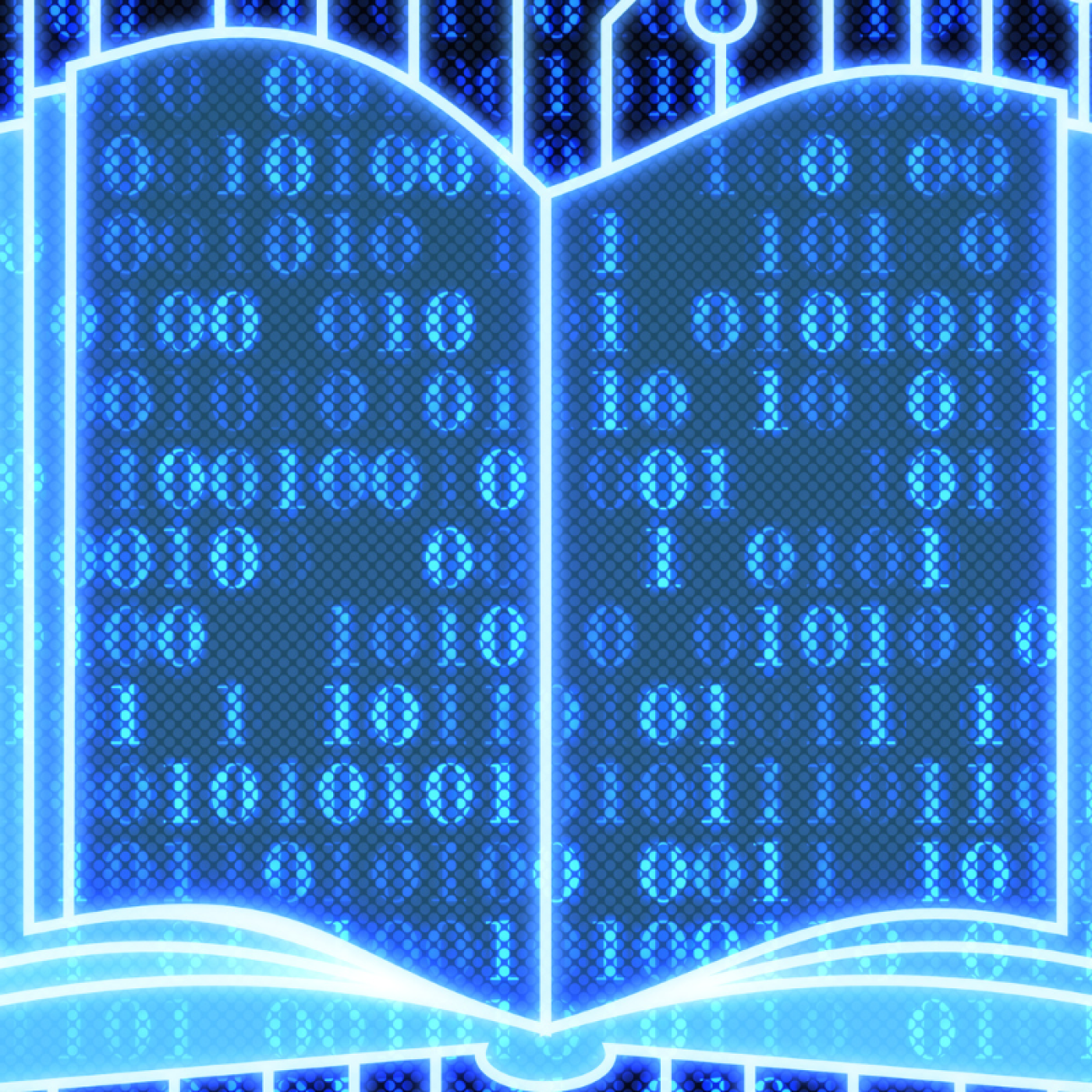The IFES 2023-2026 Learning Agenda

Formidable new challenges are compelling the democracy community to rethink how it works to build democratic resilience. Recognizing that rigorous self-reflection and evidence-building are crucial to maximizing both policy success and the effectiveness and sustainability of democracy programs, IFES is pleased to launch its 2023-2026 Learning Agenda.
The Learning Agenda will leverage valuable data from IFES global programs and inform new practical research. It consists of 14 questions, developed through extensive consultation and review of evidence gaps in the democracy and governance field. The questions reflect current global trends and anticipate emerging issues that are likely to impact democracy in the near and medium term.
These learning questions have been organized according to the IFES 2020-2024 Strategic Plan, which features four strategic outcomes that reflect the highest priority needs for the democracy and electoral integrity community. Evidence reports for each question will be published on a rolling basis.
1. How can civil society function effectively in the face of government repression and create internal pressures toward (re)democratization? How can democracy assistance providers more effectively promote resilience and bring together diverse civil society actors to join efforts and catalyze change?
2. How can Social and Behavioral Change (SBC) considerations contribute to more effective interventions to combat corruption?
3. How does EMB collaboration and coordination in election operations with public, private, and civil society actors and institutions impact its ability to carry out its mandate? How does this collaboration and coordination affect public perception of EMB effectiveness and institutional independence?
4. How can EMB support be more effective at building resilience, ensuring continuity of election operations in face of crisis, and creating sustainable, locally-led institutional progress regardless of leadership changes? What approaches have proven effective in building resilience, and how can they inform new programs?
5. What steps can be taken to insulate or bolster independent institutions (including their role in preventing transnational corruption) in countries that are actively de-democratizing? What steps can donors, international assistance providers, CSOs, journalists, and other independent institutions take to support them effectively?
6. How does the expanding use of digital tools affect political finance oversight and access to electoral justice, two key elements of the overall fairness and transparency of the electoral process?
7. With numbers of internally displaced persons (IDPs) soaring due to conflict and natural and climate disasters, what are good practices to remove legal, operational, and intersectional barriers to IDP participation in elections and political processes? What kind of advocacy and programming best facilitates the adoption and implementation of these practices?
8. What types of informal civic engagement can lead to greater and/or more formal political and civic engagement among youth? How can these types of engagement be harnessed to fight back against authoritarianism?
9. How do authoritarian actors exploit or aggravate harmful gender norms to further erode democracy? How can understanding these tactics inform programs to better address threats to democracy and human rights posed by these actors?
10. What lessons can be learned from the approaches used by disability rights advocates that may apply to broader democracy reform advocacy? In what ways can the democracy promotion and disability rights movements be mutually reinforcing?
11. To what extent does increasing political inclusion and participation among minorities help address grievances and mitigate potential conflict? What strategies and approaches have been proven to promote the meaningful inclusion of minority groups in electoral and political processes?
12. How can the international community best reframe cybersecurity from exclusively a national security problem to a democratic development challenge? What specific tools can democracy practitioners use to shape the community’s response?
13. How can democratic actors build resilience against malign narratives and present factual and ethical messaging around elections and democracy in a way that resonates with diverse audiences?
14. As democracies embrace the use of artificial intelligence and data analytics to address the day’s most pressing issues, what guardrails need to be established to ensure local actors can apply these tools ethically, transparently, and rigorously?






